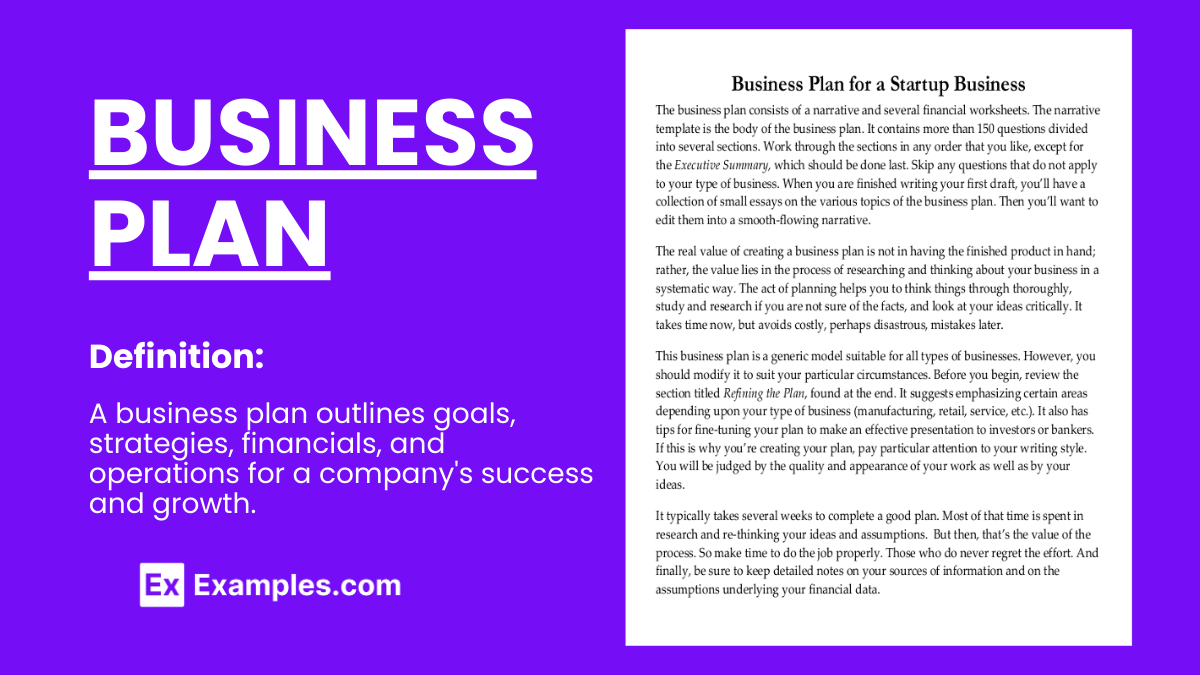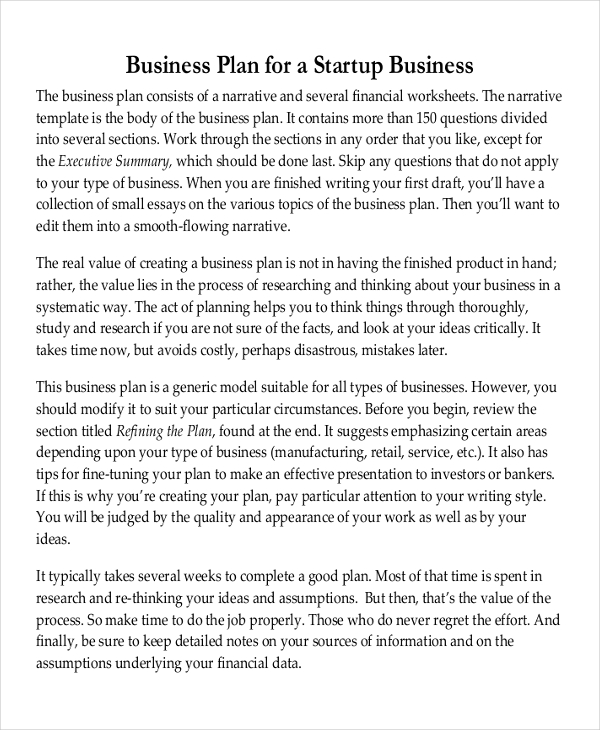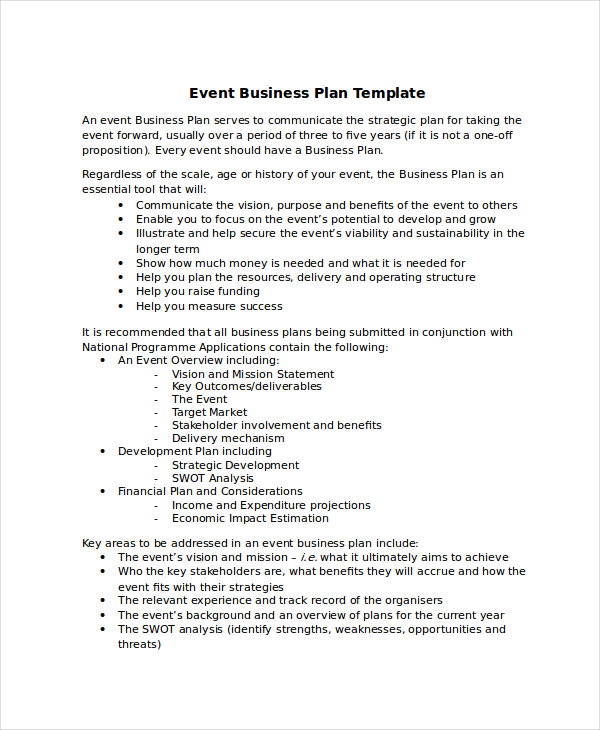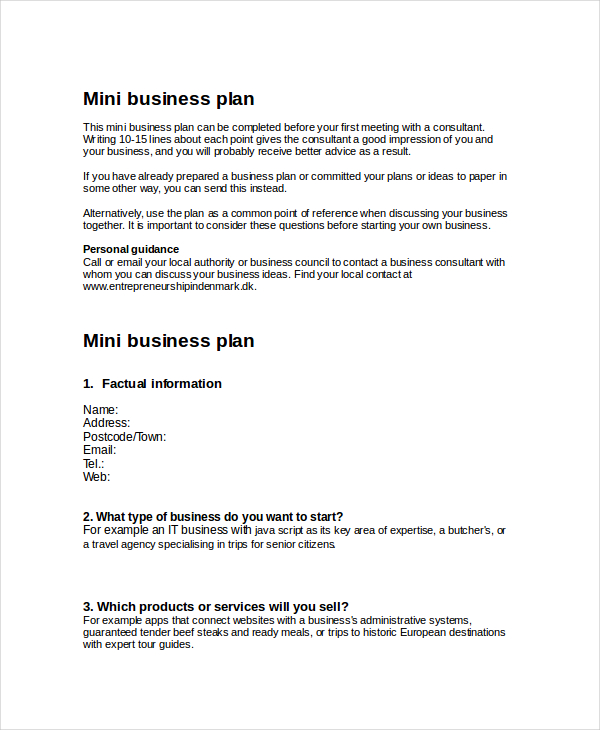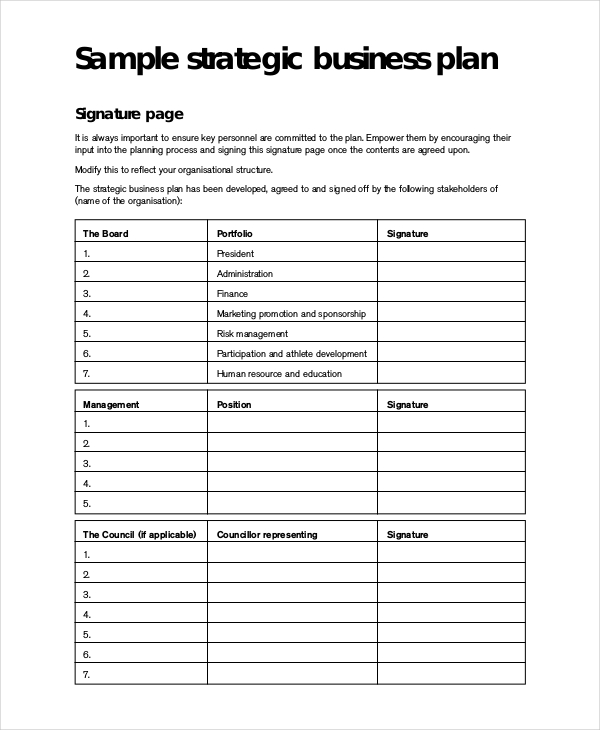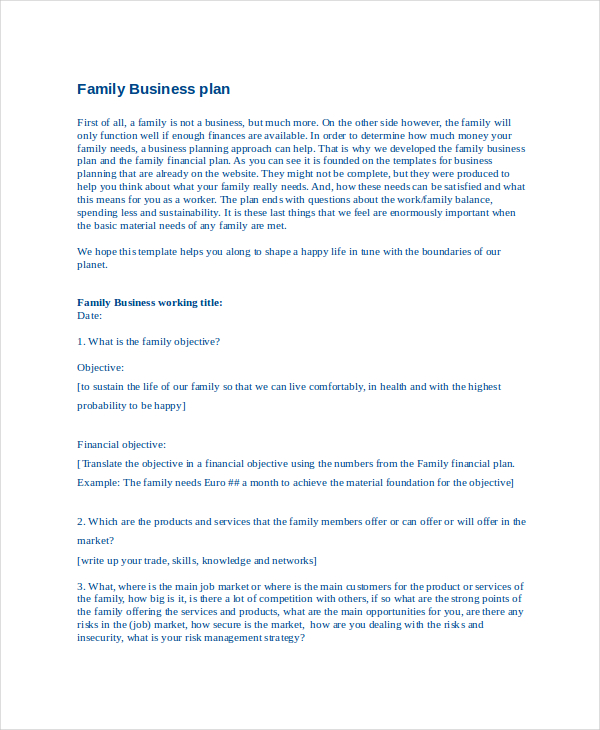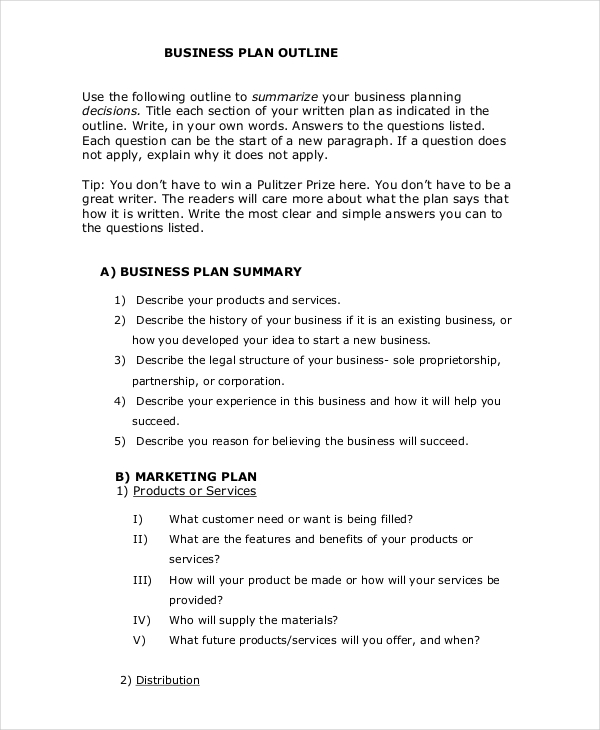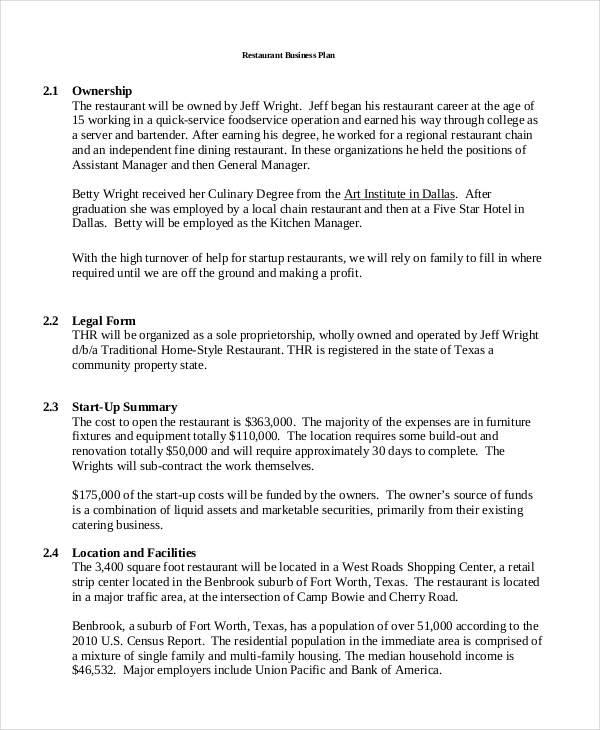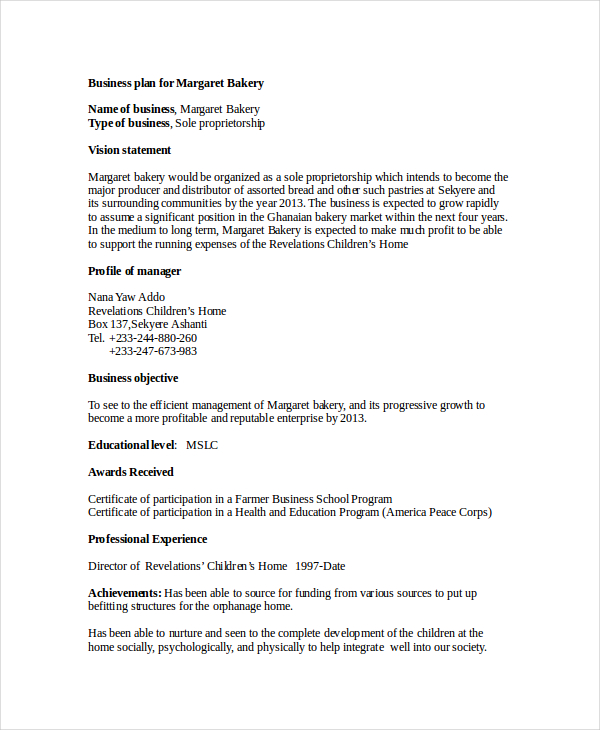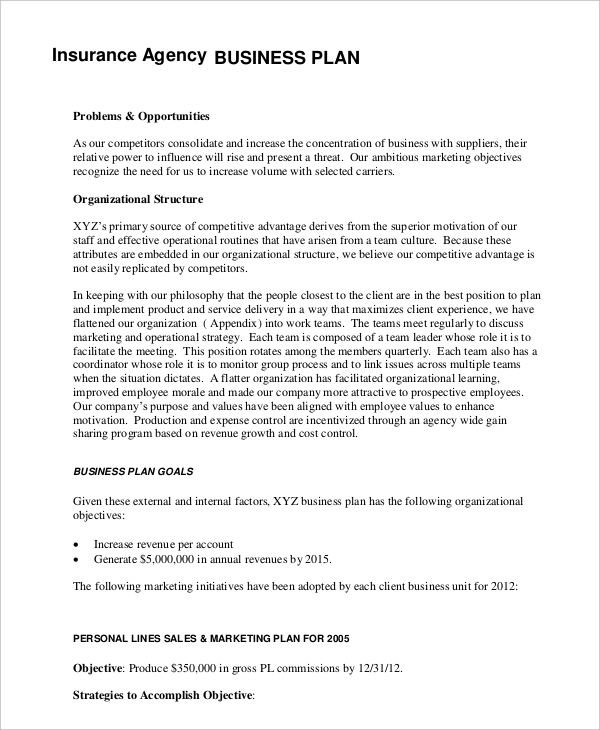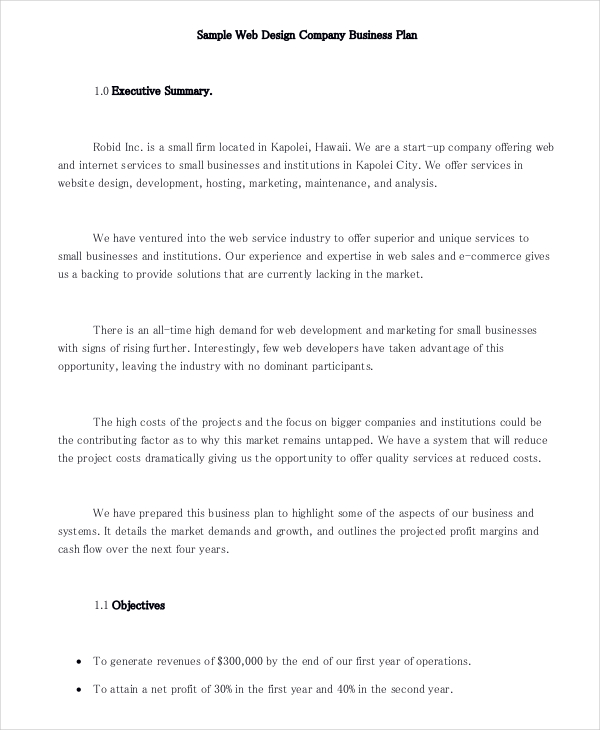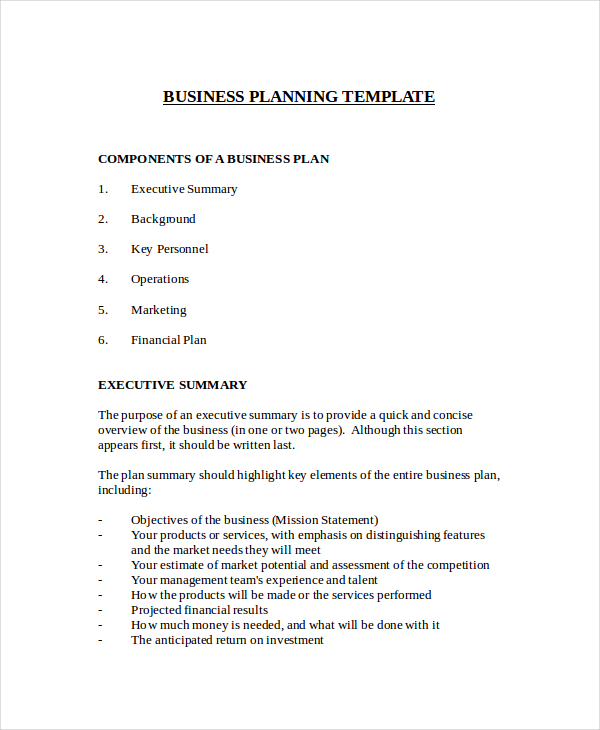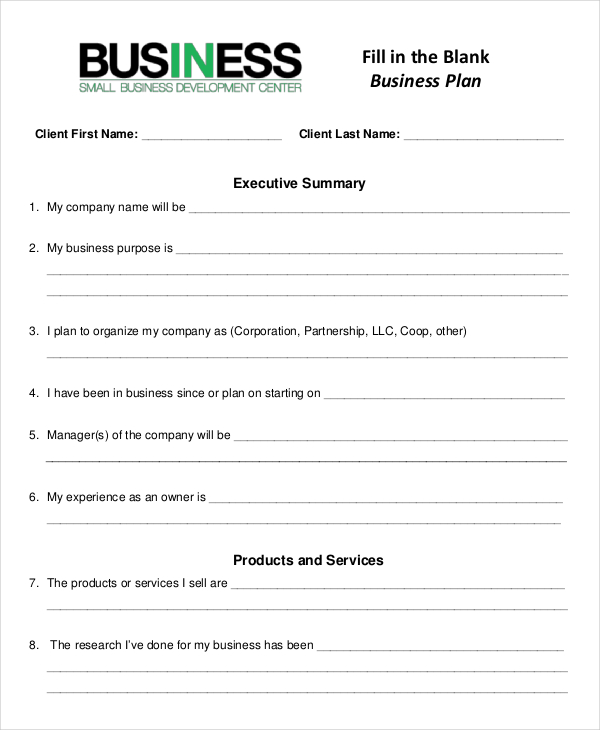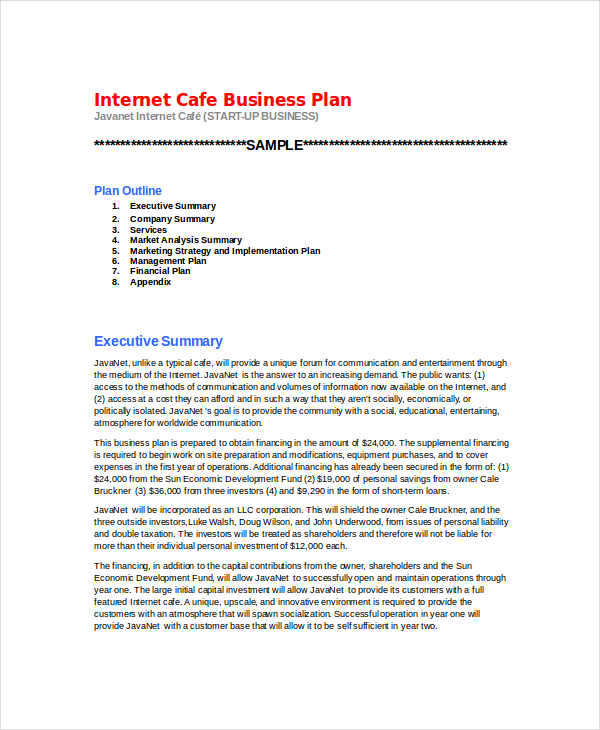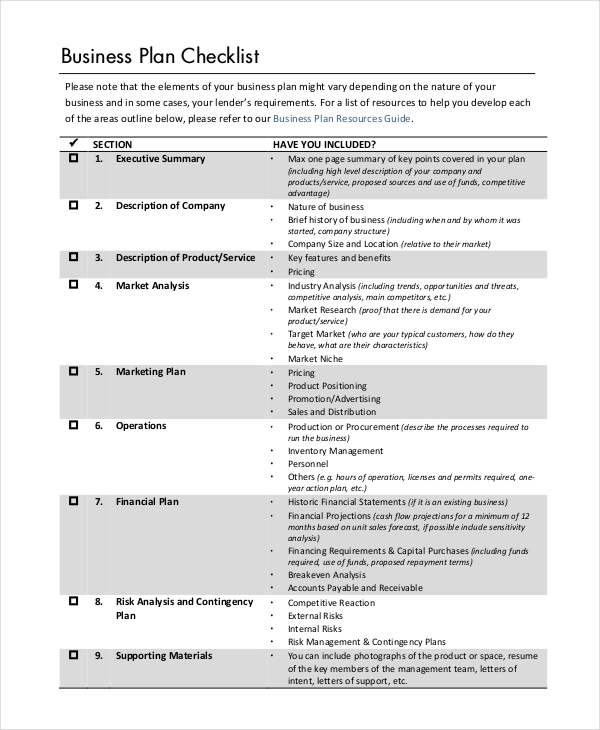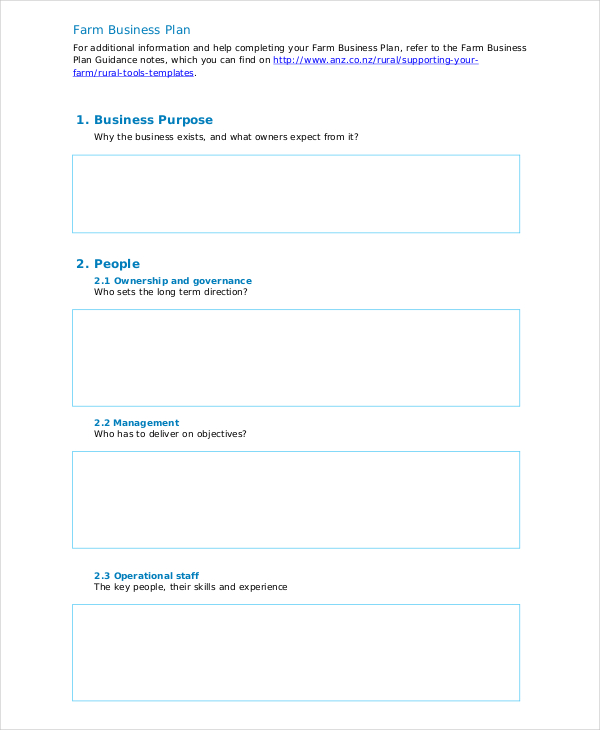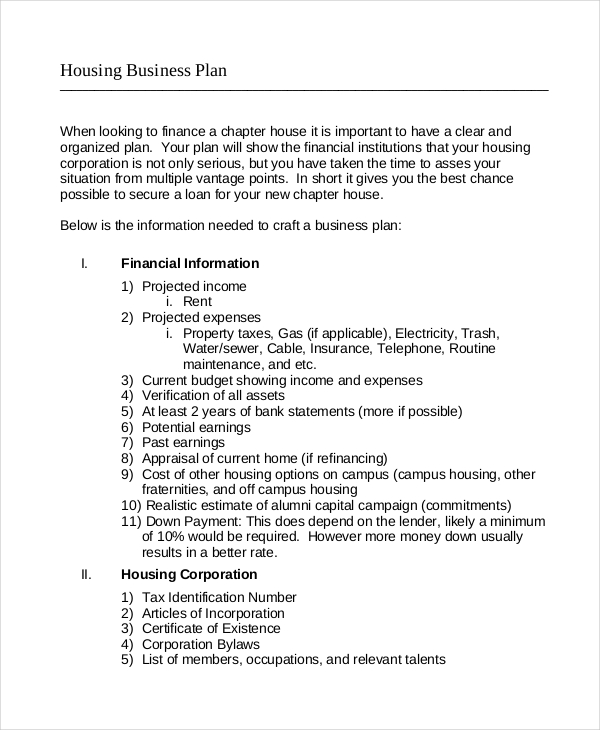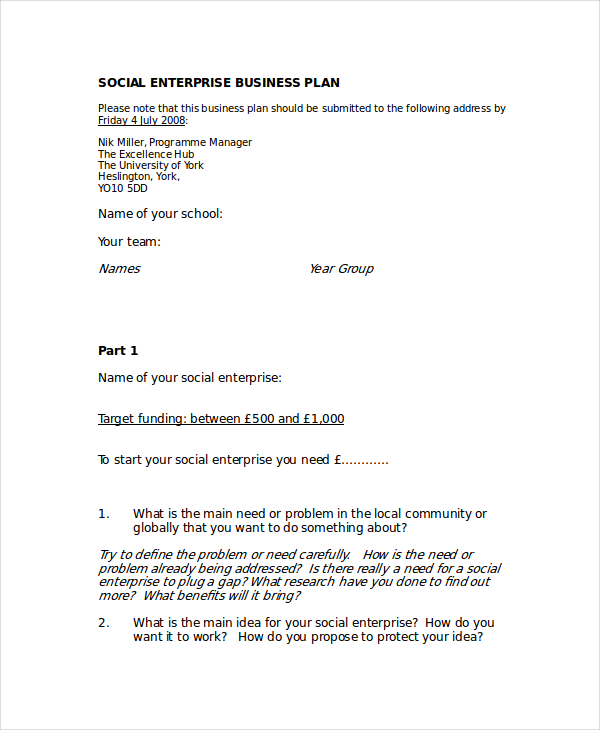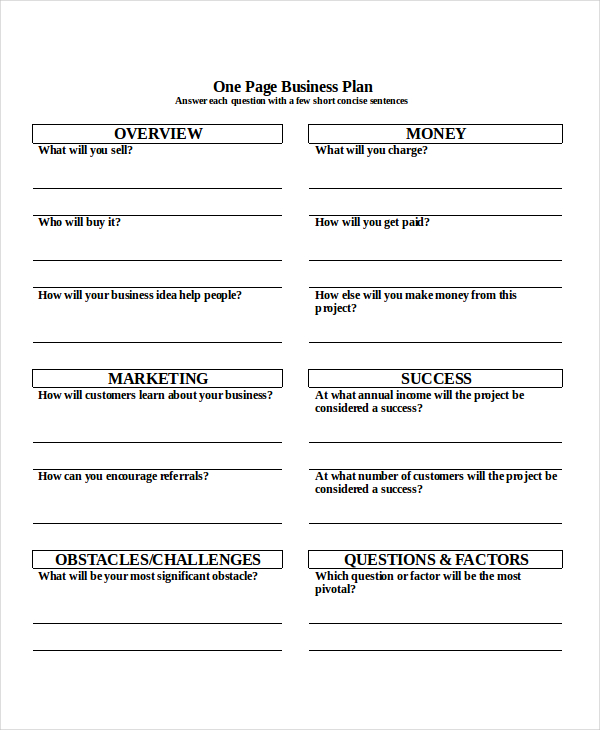60+ Business Plan Examples to Download
Where do you see yourself ten or five years from now? This question is perhaps one of the most frequently asked during job interviews. Why do you ask? This is a test to evaluate your forecasting and planning ability, similar to why a home business plan is made. It does not matter whether it is a home business plan or any other type, the key idea is gauging a person who has a vision and business plans to accompany that vision. Starting a small business can be daunting, but the process becomes easier once you establish a well-structured plan, especially with the help of our business plan templates. Now, take your time to look at the following business plan examples and determine how you can start.
What is a Business Plan?
A business plan is a document that thoroughly outlines the nature of your business, the direction or smart goal to which it is leading, and the how’s of getting to that goal. Further, it contains an evaluation plan on the page show how any evaluation is made or conducted.
Business Plan Format
Executive Summary
- Business Concept: Briefly describe the essence of your business, including the product or service you offer.
- Business Objectives: Outline your short-term and long-term goals.
- The Market: Summarize your target market and how you plan to reach it.
- Financial Features: Highlight key financial elements such as revenue projections, profitability, and cash flow estimates.
- Financial Requirements: State the amount of financing you are seeking and its purpose.
Company Description
- Business Information: Provide detailed information about your business, including legal structure, history, and the current situation.
- Mission Statement: Define your business’s mission and the values that guide it.
- Products/Services: Detail the products or services you offer, emphasizing their benefits to customers.
Market Analysis
- Industry Analysis: Discuss the industry within which you operate, including trends, size, and growth prospects.
- Market Segmentation: Identify and describe your target market segments.
- Competitive Analysis: Analyze your competition, their strengths and weaknesses, and your competitive advantage.
Organization and Management
- Organizational Structure: Outline your company’s structure, detailing the roles and responsibilities of each department and key employee.
- Management Team: Introduce your management team, including backgrounds that demonstrate their role in contributing to success.
- Ownership Structure: Describe the ownership structure of your company, including major shareholders.
Marketing and Sales Strategy
- Marketing Strategy: Detail how you plan to attract and retain customers, including pricing, promotion, and distribution strategies.
- Sales Strategy: Describe your sales approach, sales activities, and how you’ll measure success.
- Customer Service: Outline your customer service strategy to ensure customer satisfaction and retention.
Product or Service Line
- Product/Service Details: Provide comprehensive details about your products or services, including development status, production process, and lifecycle.
- Unique Selling Proposition (USP): Highlight what makes your product/service unique and how it meets customer needs better than competitors.
- Future Products/Services: Discuss any future products or services you plan to introduce.
Financial Plan
- Revenue Model: Explain how your business will make money, detailing pricing strategies, revenue streams, and gross margin targets.
- Financial Projections: Include detailed financial projections—profit and loss, cash flow, and balance sheet—for the next 3-5 years.
- Funding Requirements: Specify the amount of funding needed over the next few years and how it will be used.
Appendix
- Supporting Documents: Attach any additional documents that support your business plan, such as resumes of key personnel, market research data, technical specifications, and letters of support from potential partners.
Example of Business Plan
Free Download in Word Free Download in PDFExecutive Summary
Business Concept: Green Innovations Ltd. is dedicated to developing eco-friendly technologies that reduce environmental impact. Our flagship product is a biodegradable packaging solution designed for the food and beverage industry.
Financial Features:
- Projected Sales: $2 million in Year 1, growing to $5 million by Year 3.
- Profitability: Expected to reach profitability by Q4 of Year 1.
- Cash Flow: Positive cash flow anticipated by the end of Year 1.
Financial Requirements: Seeking an initial investment of $1 million for product development, market entry, and operational expenses.
Current Business Position: In the final stages of product development, with a strong management team and strategic industry partnerships.
Major Achievements: Secured provisional patents for our biodegradable material technology and established pilot programs with three regional food distributors.
Company Description
Business Overview: Green Innovations Ltd. aims to lead in sustainable business practices by offering innovative products that serve both the planet and profits. Our biodegradable packaging solutions represent a step change in how businesses approach environmental responsibility.
Mission Statement: To innovate and deliver sustainable solutions that protect the environment and support our customers’ green initiatives.
Company History: Founded in 2023 by environmental engineers Jane Doe and John Smith, Green Innovations Ltd. was born from a shared vision to combat plastic pollution.
Legal Structure: Incorporated as a Limited Liability Company (LLC) in Anytown, Anystate, USA.
Products or Services
Description: Our biodegradable packaging decomposes within 90 days after use, offering a sustainable alternative to traditional plastic packaging. It is made from renewable resources, such as cornstarch and bamboo.
Development Status: Finalizing R&D and moving towards mass production.
Differentiation: Unlike other biodegradable options, our product maintains the durability and versatility of traditional plastics without harmful environmental effects.
Production Process: Manufactured using a proprietary process that ensures high quality and minimal waste.
Future Products/Services: Plans to expand our product line to include reusable and compostable containers and utensils.
Market Analysis
Industry Analysis: The global eco-friendly packaging market is expected to reach $250 billion by 2025, driven by consumer demand for sustainable products and regulatory pressures.
Target Market: Our initial focus is on the food and beverage industry, specifically companies seeking sustainable packaging options. This includes restaurants, cafes, grocery stores, and food manufacturers.
Market Needs: As environmental regulations tighten and consumer preferences shift towards sustainability, the demand for eco-friendly packaging solutions is growing rapidly.
Competition Analysis: While there are other biodegradable packaging options, our product’s unique composition and performance give us a competitive edge.
Market Trends: Increasing awareness of plastic pollution and a shift towards green consumerism are major trends influencing market growth.
Strategy and Implementation
Marketing Strategy: We will target businesses through direct sales, trade shows, and online marketing, emphasizing the cost savings and environmental benefits of switching to biodegradable packaging.
Sales Strategy: Our sales approach includes free samples, pilot programs, and volume discounts to encourage adoption.
Location and Facilities: Headquartered in Anytown, Anystate, with a manufacturing facility capable of supporting large-scale production.
Technology: Leveraging advanced biopolymer technology to create our biodegradable material.
Operations Plan: Our operations are designed for scalability and efficiency, with a focus on quality control and sustainable practices.
Organization and Management Team
Organizational Structure: Led by co-founders Jane Doe (CEO) and John Smith (CTO), supported by a team of experts in R&D, sales, and operations.
Management Team: Our leadership brings together expertise in engineering, environmental science, and business development.
Roles and Responsibilities: Detailed roles include product development (CTO), marketing and sales (CMO), operations (COO), and financial management (CFO).
Financial Plan
Revenue/Sales Forecast: Detailed projections anticipate steady sales growth, with major revenue spikes following distribution agreements.
Expense Budget: Initial expenses include R&D, production setup, and marketing campaigns.
Cash Flow Forecast: Careful financial management will ensure positive cash flow, with reinvestment in product development and market expansion.
Profit and Loss Statement: Projected to achieve profitability by the end of Year 1, with significant profit growth in subsequent years.
Break-even Analysis: Expected to break even within the first 18 months of operation.
Business Plan Samples to Edit & Download
- Business Plan in Entrepreneurship
- Business Plan for Startup
- Business Plan for Coffee Shop
- Business Plan for Small Business
- Blank Business Plan
- Business Plan for Restaurants
- Business Plan for Food Truck
- Business Plan for Nonprofit
- Business Plan for Dummies
- Business Plan for Laundromat
- Business Plan for Students
- Business Plan for Sales
Business Plan Examples & Templates
1. Business Plan Example

2. Sample Business Plan
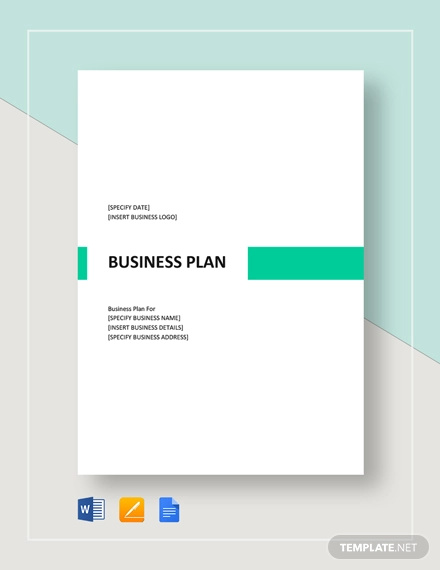
3. Sample Business Plan Outline
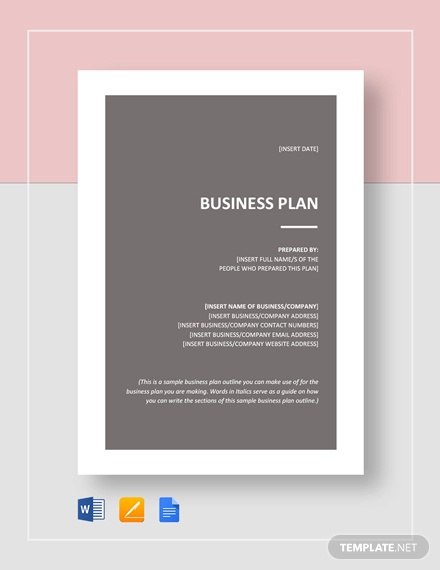
More often than not, business plan mistakes are made simply for the reason of lack of foresight and discussion. Business plan examples are found in the page to help you in your next strategic plan, marketing plan, and even your personal plan.
4. Sample Business Plan Template
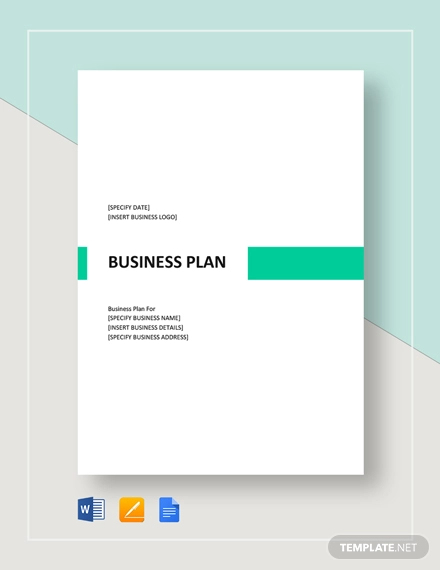
5. Immigration Business Plan

6. Business Plan Guidelines Template
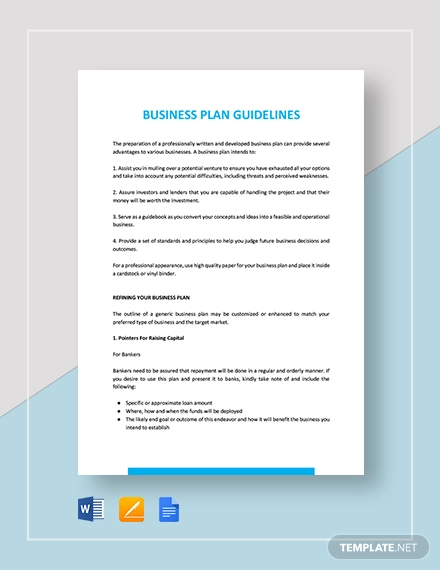
7. Joint Venture Business Plan

8. Kayak Business Plan
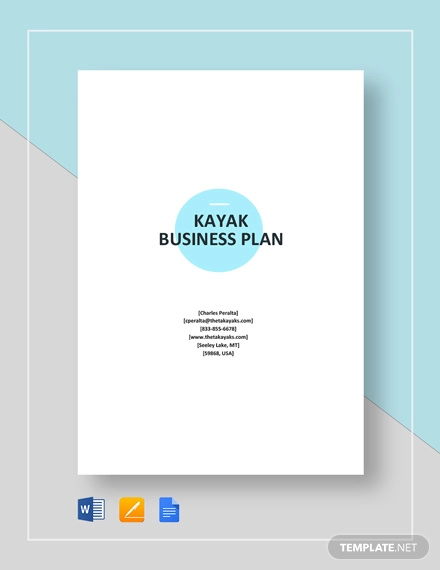
9. Sample Insurance Agency Business Plan

10. Nonprofit Business Plan Template
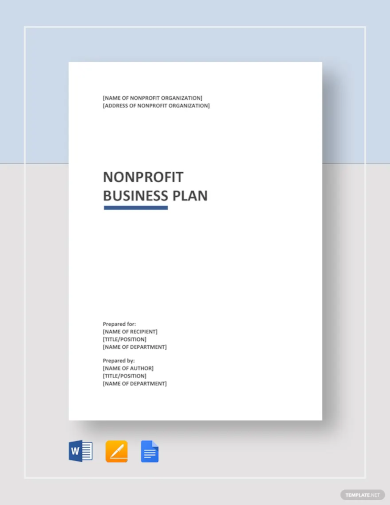
11. Trucking Business Plan Template
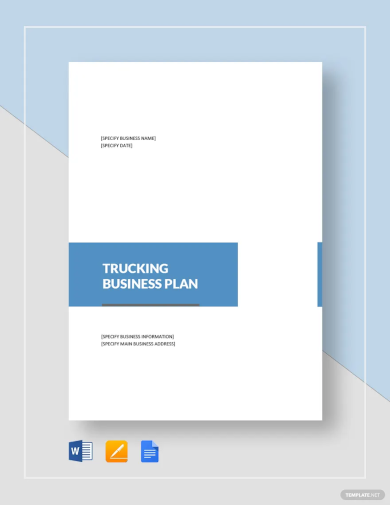
12. Business Plan Table of Contents Template

13. Startup Business Plan Template

14. Rental Property Business Plan Template

15. Construction Business Plan Template

16. Sample Construction Business Plan Template

17. Restaurant Business Plan Template

18. Freight Trucking Business Plan Template

19. Mortgage Broker Business Plan Template
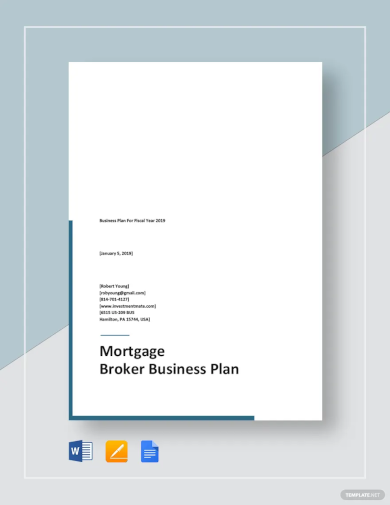
20. Simple Business Plan Template

21. Boutique Business Plan Template

22. Staffing Agency Business Plan Template

23. Business Plan Proposal Template

24. Spa Business Plan Template

25. Business Plan Template

26. Easy to Print Business Plan Template

27. Simple Business Plan Outline Template

28. Plan for Startup Business
29. Event Business Plan Example
30. Mini Business Plan
31. Strategic Business Sample Plan
32. Family Business Plan
33. Business Plan Outline
34. Restaurant Business Plan Example
35. Bakery Business Plan
36. Product Business Sample Plan
37. Insurance Agency Business Plan
38. Business Investment Plan
39. Business Continuity Plan
40. Web Design Business Example
41. Business Planning Template
42. Company Business Plan
43. Internet Cafe Business Plan Example
44. Business Plan Checklist
45. Farm Business Plan
46. Housing Business Plan Example
47. Free Business Plan
48. Social Enterprise Business Plan
49. One Page Business Plan
Key Components of a Business Plan
While there may be more components for a business plan, based on the article published by Growbusiness.org, the following are the key components that each business plan absolutely must have:
1. Executive Summary
The executive summary is among the most important or the heart of a business plan or any financial plan. The summary includes the founders, principal employees, or the management team and the skills they will bring to the business.
2. Competitor Analysis
This part of the plan showcases other businesses directly in the competition of the business proposed. The business plan includes action plans in which to take for the business to be better in comparison to the said competitors and other strategic plans to advance the business further than them.
Types of Business Plan
Business plans come in various formats, each tailored to meet specific needs, objectives, and audiences. Understanding the different types of business plans can help you select the most appropriate one for your situation. Here are the main types:
1. Startup Business Plan
Ideal for new businesses, this comprehensive plan outlines everything from business objectives and market analysis to financial projections and marketing strategies. It’s used to attract investors, secure loans, and serve as a roadmap for business operations.
2. Internal Business Plan
Focused on a specific aspect of a business, such as a new product or market expansion, without the need for background information on the company. It’s used for internal planning and strategy, often to evaluate a particular project or direction.
3. Strategic Business Plan
This plan outlines the company’s strategy, mission, vision, and objectives, along with key metrics for success. It includes detailed action plans for achieving goals and is used to guide the overall direction of the business.
4. Feasibility Business Plan
Before a full-scale business plan is developed, a feasibility plan can help assess whether an idea is viable. It focuses on who will buy the product or service, how big the market is, and the potential for profit.
5. Growth or Expansion Business Plan
Designed for established businesses looking to expand, this plan focuses on growth opportunities, such as entering new markets or launching new products. It’s used to secure investment or loans for expansion projects.
6. Operations Business Plan
Details the logistics, technology, and processes that a business will use to operate efficiently. It’s often more technical and is used to manage the day-to-day operations of the business.
7. Financial Business Plan
Centers on the financial aspects of the business, including detailed financial projections, funding requirements, and strategies for achieving financial goals. It’s crucial for securing funding and managing finances effectively.
8. Lean Startup Plan
A modern approach to business planning, this format focuses on summarizing the key elements of a business on a single page. It’s quick to create and easy to adjust, making it suitable for startups and businesses looking to pivot quickly.
9. Social Enterprise Business Plan
For organizations that aim to address social issues, this plan details the mission, social impact strategies, and financial models that balance profit with social goals. It’s used to attract funding and partnerships that align with the social mission.
10. One-Page Business Plan
Condenses the essential elements of the business into a single page, highlighting the business idea, target market, unique selling proposition, and key objectives. It’s useful for quickly communicating a business idea or for small businesses not requiring extensive planning.
How To Make a Business Plan
Writing a business plan for a startup may not easy. Perhaps, you need to think of a strategy and financial stability at the same time. But, small business plans should not be so complicated. Sure, it will be a smooth process when you follow the steps below.
1. Do Your Research
It’s alright to be ambitious. But it is only acceptable once you establish a strong foundation. To start with, make sure to create a strong plan. Here, you will test your decision making—secure thorough research. Whether you are opening a coffee shop, bakery, or a restaurant, you need to perform a SWOT analysis and market analysis. Prioritize these two, or if one else fails, the other follows.
2. Have a Long-term Goal
Don’t settle on your plans. Instead, get motivated by plotting your goals. Draft your list. Then, decide whether one of each item is a priority or not. Then, determine if one is attainable, measurable, and cost-effective. This helps you decide whether or not that particular goal is worth your time.
3. Enumerate Your Actions
Once you have established your goal, jump right away with the action plan. In this section, you will outline the process and steps that will help you achieve your goals. Remember, it is time-bounded, so make sure that the tasks listed are attainable with a certain time frame.
4. Decide on a Budget
Of course, do not forget the budget. Budgeting can be tough. But it is substantial in making a business plan because it decided whether you can consider something or not. With that, you can insert an estimate that will enable you to understand your economy.
5. Test and Adjust It
For the last part, you need to test the plan. But it doesn’t need to take you a month or year before you can use it for actual business. You can record and keep a progress report. Each day, look at the organization’s growth.
FAQs
What are the primary purposes of a business plan?
A business plan has plenty of purposes. Among are the mapping growth and business focus.
How do you define a good business plan?
A good business plan is defined as informative in all aspects, including finance and marketing. It should be attainable in helping business success.
What are the two main reasons why business plans don’t work?
There are various reasons to take note of. But the most common include the lack of planning and poor leadership.
Truly, starting a business can be daunting. But it wouldn’t be as such as long as you begin with thorough planning. But when can you start? Since we provided the list of steps above, now is the right time to prepare a document you can keep. Plan now, and later on, you will reach success and continuous growth.


